What schools should do
Understand what schools have to do to support children and young people who have identified SEND needs.
Firstly, it is important to remember that all schools have a legal duty to support children and young people who have SEND.
SEN support
Schools should begin by identifying any child that they believe has SEND. They must then put support in place to meet the identified needs of the child.
In mainstream settings, this support may be from within the school’s own resources. This means that they receive special educational provision (additional help or support). At this stage, the additional support is called SEN Support.
The school should record:
- what needs they have identified
- what outcomes they expect the child to achieve
- what provision is being put in place to reach those outcomes
This should be written down in a SEN Support plan.
SEND graduated approach framework
Bromley has a graduated approach to assessment and provision for children who have SEND.
The core purpose is to prevent possible barriers to learning, enabling all children to access an excellent education in Bromley and to fulfil their potential.
Alongside Bromley’s Ordinarily Available SEND Provision in Mainstream Schools and Settings, the SEND Graduated Approach Framework provides clear guidance to professionals about how the graduated approach can be implemented, in each individual area of SEND. These cumulative processes and provisions form part of the Assess-Plan-Do-Review cycle.
The SEND Graduated Approach Framework emphasises that effective SEND provision in a school is built on a strong foundation of:
- inclusive whole school approaches, including recognition and implementation of ordinarily available provision
- thorough Assess-Plan-Do-Review processes and provisions, to identify needs, including through quality first teaching approaches, provision of appropriate equipment and resources and targeted interventions
Reasonable adjustments
One of the key duties for schools is that they must use their ‘best endeavours’ to support children who have SEND. This means doing everything that could reasonably be expected of them.
Where a mainstream school cannot meet a child’s needs, they should request a Funded Inclusion Plan (FIP) or an Education, Health and Care (EHC) needs assessment. This might be because they don’t have the expertise or funding to identify those needs fully or to identify the provision or support the child or young person requires.
Alternatively, it might be because they know what the child’s needs are, but they cannot make the necessary provision from their own resources. If the school can show that the child has or may have SEN, and that they may need support because they cannot provide the support they need, the school should contact the Council to:
- request a FIP is put in place
- request that an EHC needs assessment is undertaken
Parents or young people can also request an EHC needs assessment themselves if they want to.
Inclusive education
A child or young person has a right to an inclusive education in a mainstream school with their typically developing peers if they want it. This includes being included in the activities of the school.
Mainstream schools must ensure that children with SEN engage in the activities of the school together with children who do not have special educational needs.
The school can only exclude them from activities if:
- it is not reasonably practicable for them to be included
- being included would prevent them from receiving the support they need
- being included would prevent the efficient education of other children or the efficient use of resources
We have provided a range of information regarding school exclusions.
School Accessibility Plans
Schools are required to have Accessibility Plans outlining how they intend to make their setting more accessible for disabled pupils.
If a lack of resources is a barrier to inclusion then this may be evidence that more or better provision is required, for example via an EHC plan or amendments to an existing EHC plan.
Further help and support
You may also find the following websites useful:

